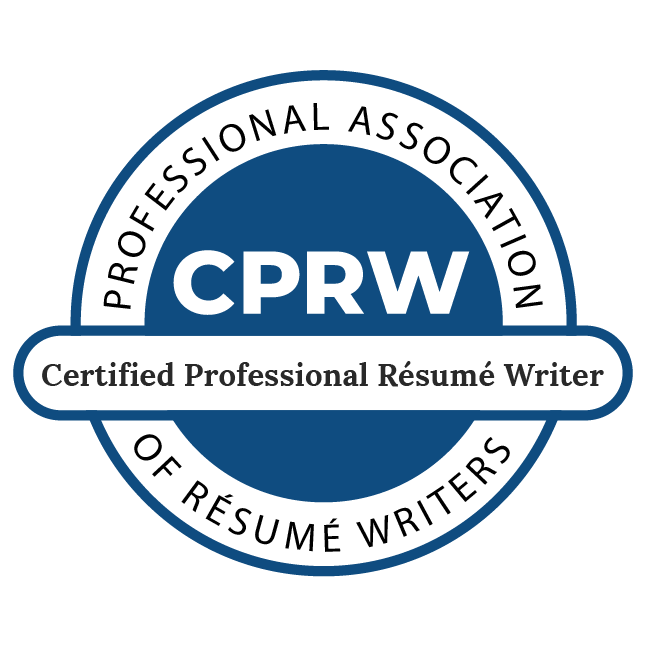Unfortunately, fear of age discrimination in hiring decisions isn’t just paranoia. Read on to understand why ageism occurs and how to combat its effects.
If your career is more than 15 or 20 years old, you may have wondered about the subtle—or not-so-subtle—influence of age discrimination in job searching and recruiting.
So is concern about ageism paranoia or smart strategy?
According to Jim Niemela, founder and president of ZimZee Recruiting, age discrimination in recruiting and promotions is real. Unfortunately, recruiters and hiring managers—consciously or subconsciously—tend to devalue job candidates based on an impression of advanced age.
In addition, ageism is a moving target depending on your industry niche. For example, he explains, a 50-year-old corporate controller might not feel the effects of ageism, but a 50-year-old software developer might.
The good news is that there are a few simple, effective ways to combat age discrimination in your resume.
First, operate on a need-to-know basis.
A resume must be completely honest, but it isn’t a full-disclosure document. When it comes to age, what they don’t know can’t hurt you. You’re not required to include information that indicates your age and thereby may generate an unfavorable first impression.
Here are three things to leave off your resume to avoid age discrimination:
- Don’t list the year you graduated from college.
- Don’t list dates on jobs that are more than 15 years old.
- Remove any outdated information that might date you. For example, don’t list proficiency in WordPerfect.
The purpose of a resume is to get an interview. Feel free to decline to provide information that divulges your age and may generate discrimination.
But say your age-scrubbed resume lands you an interview. How do you combat ageism in a face-to-face interview?
It’s clear that ageism is unfair and often an unhelpful measure of a job candidate’s value. But let’s dig a little deeper to understand why age can affect hiring decisions.
What are hiring managers afraid of when they see an older candidate?
Hiring managers are looking for energetic and sharp candidates who bring cutting-edge expertise, who are flexible and adaptable, who are driven to succeed, and who know how to relate to today’s clients in today’s marketplace.
Hiring managers fear that older candidates may be set in their ways, out of touch, technologically behind, or low-energy.
So if age discrimination is an issue for you (and even if it isn’t!), consider finding ways to let potential employers know that you’re ready for a challenge, determined to catalyze results, and current in your field.
Before the interview, research your target company and gain some expertise in their branding, market niche, and growth strategy. When you arrive at the interview, dress sharp and walk into the room with a twinkle in your eye and a spring in your step.
One of the best ways to land an interview and overcome objections is through a stellar resume from Upword Resume. It takes about 15 minutes to get started, plus a 30-45-minute phone consult with your writer. That’s all it takes to get a resume that elevates your career and your life!

